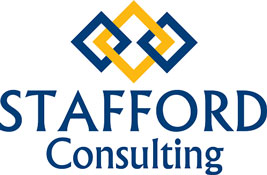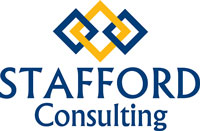Project Description
Description
The intent of this course is to provide further instruction on the principles of requirements development and systems management. The lessons presented are intended to help students gain a more thorough understanding of requirements development and management processes, systems engineering, test and evaluation, and lifecycle logistics performance outcomes necessary for intermediate level Program & Project Managers.
Learning Objectives
- Developing Requirements based on Project Needs
- Overview of Strategic Planning
- Overview of Capital Programming
- Development of Key Performance Parameters
- Participating in Concept Selection & Market Research
- Understanding FAR Part 10 & 12 guidance on use of commercial items and non-developmental items and Socioeconomic considerations
- Overview of Analysis of Alternatives including difference in IT development approaches and Business Process Reengineering
- Core Management Skills and Processes
- Understand the tools and techniques of building an integrated master plan
- Risk and Opportunity Management
- Understand the nature and terminology of risk
- Effectively plan for identify, assess, develop responses for, and monitor risk
- Communications management
- Identify and effectively manage stakeholder’s communication needs
- Manage the effective dissemination of information internally and externally
- Working Groups and Teams
- Manage the development of the members in a working group / IPT
- Demonstrate knowledge of team development functions
- Overview of total life cycle systems management
-
- Understand basics of the TLCSM process
- Provide a Systems Engineering/T&E Overview
- Provide an Overview of Technology Development Strategy (TDS) and Technology Development approaches
- Explain the objectives, performance requirements, documents and seven steps of PBA
- Provide an Overview of SE and the Technical Processes
- Evaluate the answer to the question, “Did you build the right thing?”
- Ensure selection of the right design and development approach
- Oversee the use of advanced decision analysis methods
- Manage technical assessment and technical performance measurement
- Manage life cycle processes using systems engineering discipline
- Manage risk and opportunity
- Manage interfaces and configuration
- Test and Evaluation
-
- Manage a comprehensive, integrated T&E process, including effective use of modeling and simulation
- Review and assess the Test and Evaluation Strategy and a Test and Evaluation Master Plan (TEMP)
- Ensure the management of a realistic Operational Test and Evaluation (OT&E) process
- Life Cycle Logistics
-
- Review the management of a Life Cycle Logistics process for effective product support and interoperability
- Evaluate the Use of effective supply chain management and the latest commercial practices
- Understand Performance Based Logistics components and concepts
Course Details
- Course Length –4 days
- Continuous Learning Points (CLPs) – 32
- Graded Materials Include: Attendance of all Instructional Hours, Participation, and Course Exercises
- Pre-course work Required: Successful completion of FPM 131A & FPM 131B
- Does SCC offer this course virtually? Yes, via WebEx, Adobe Connect, Microsoft Teams, Google Meets, or Zoom for Government.
*It is recommended that FAC-P/PM courses are taken in order.
| Course ID |
|---|
FPM 231
| Course Length |
|---|
4 Days
| CLPs |
|---|
32
| Delivery Method |
|---|
Course is available In-Person and Virtually

